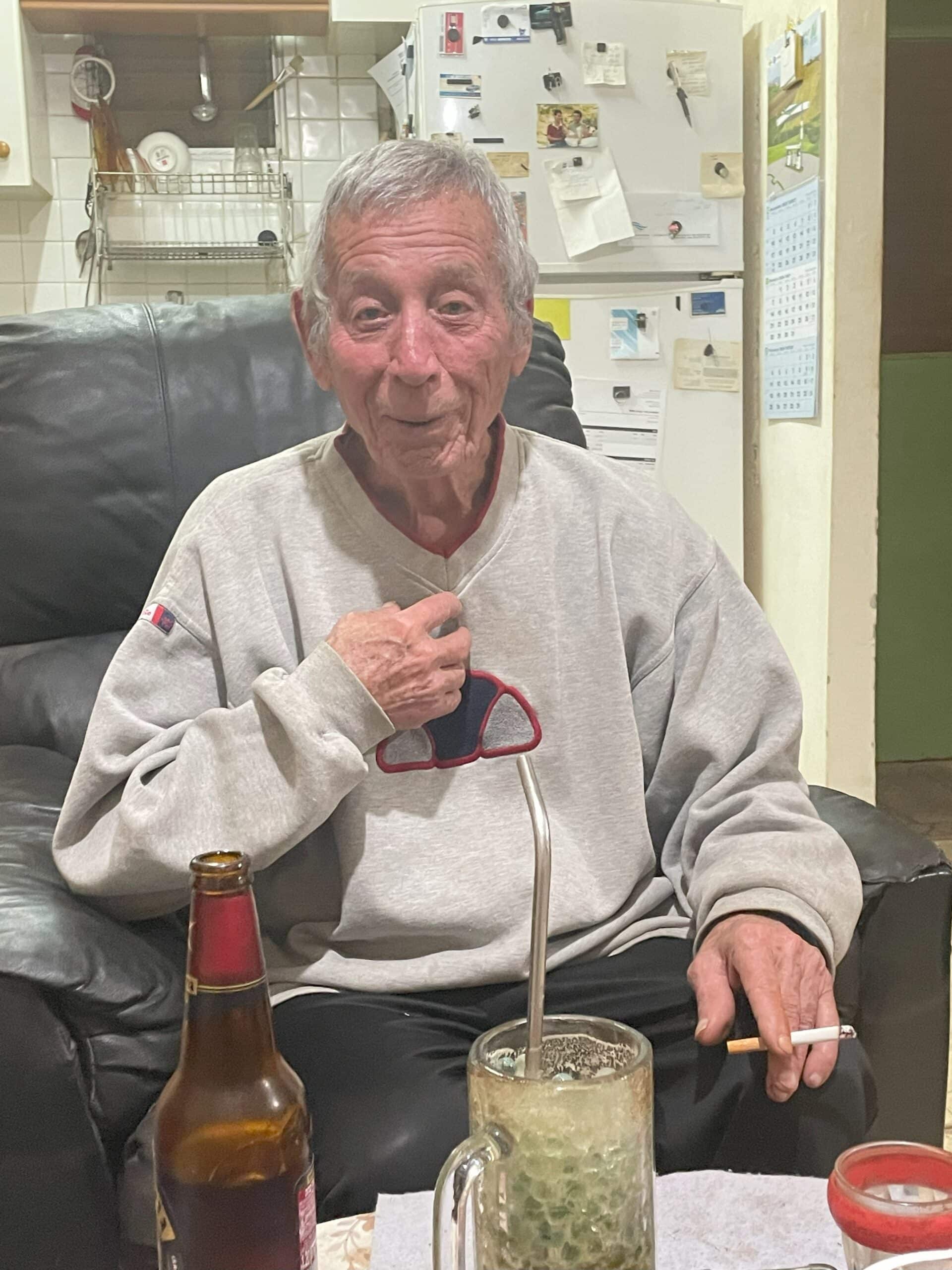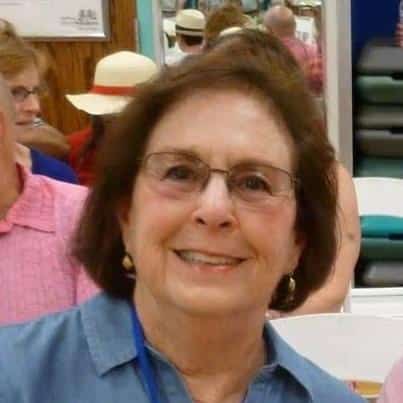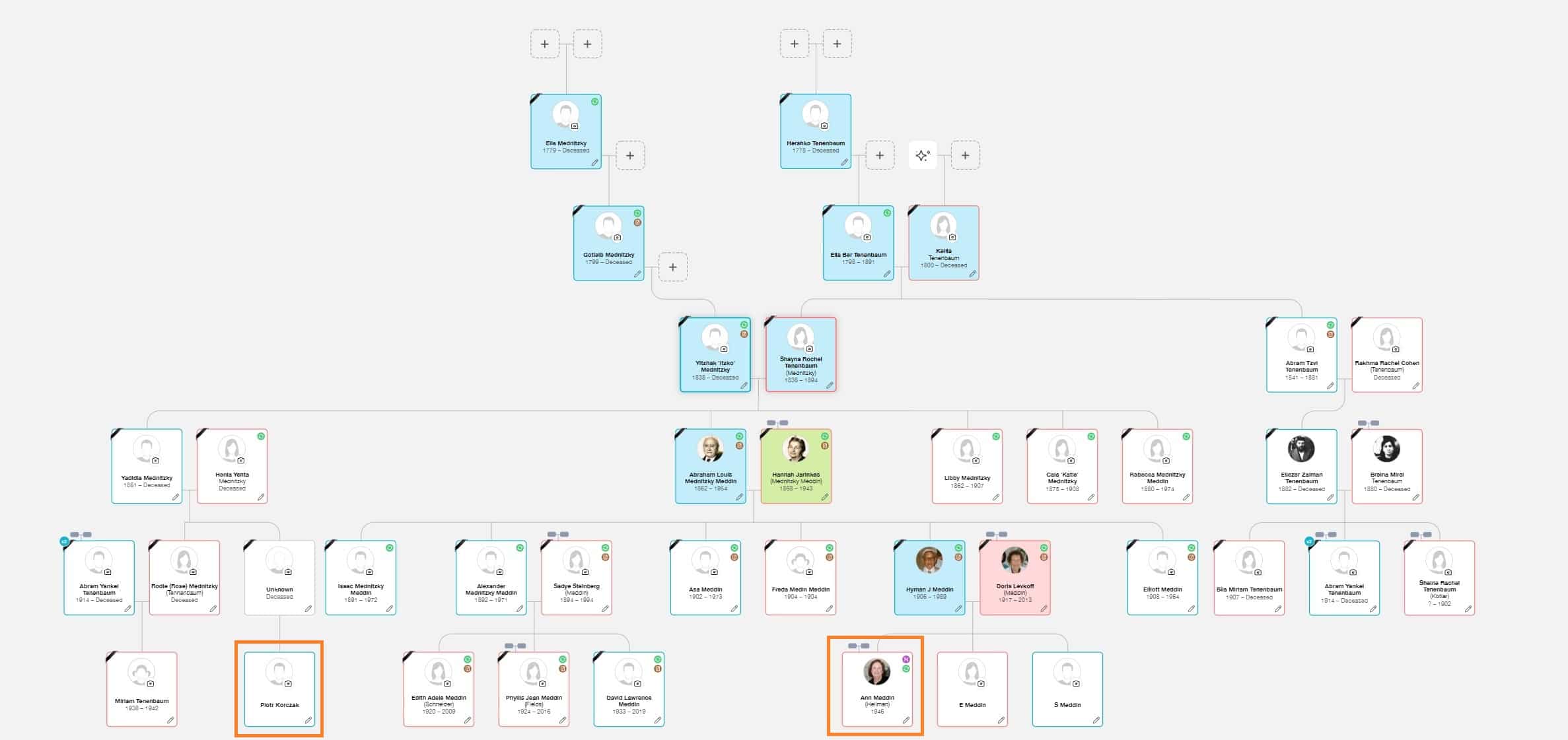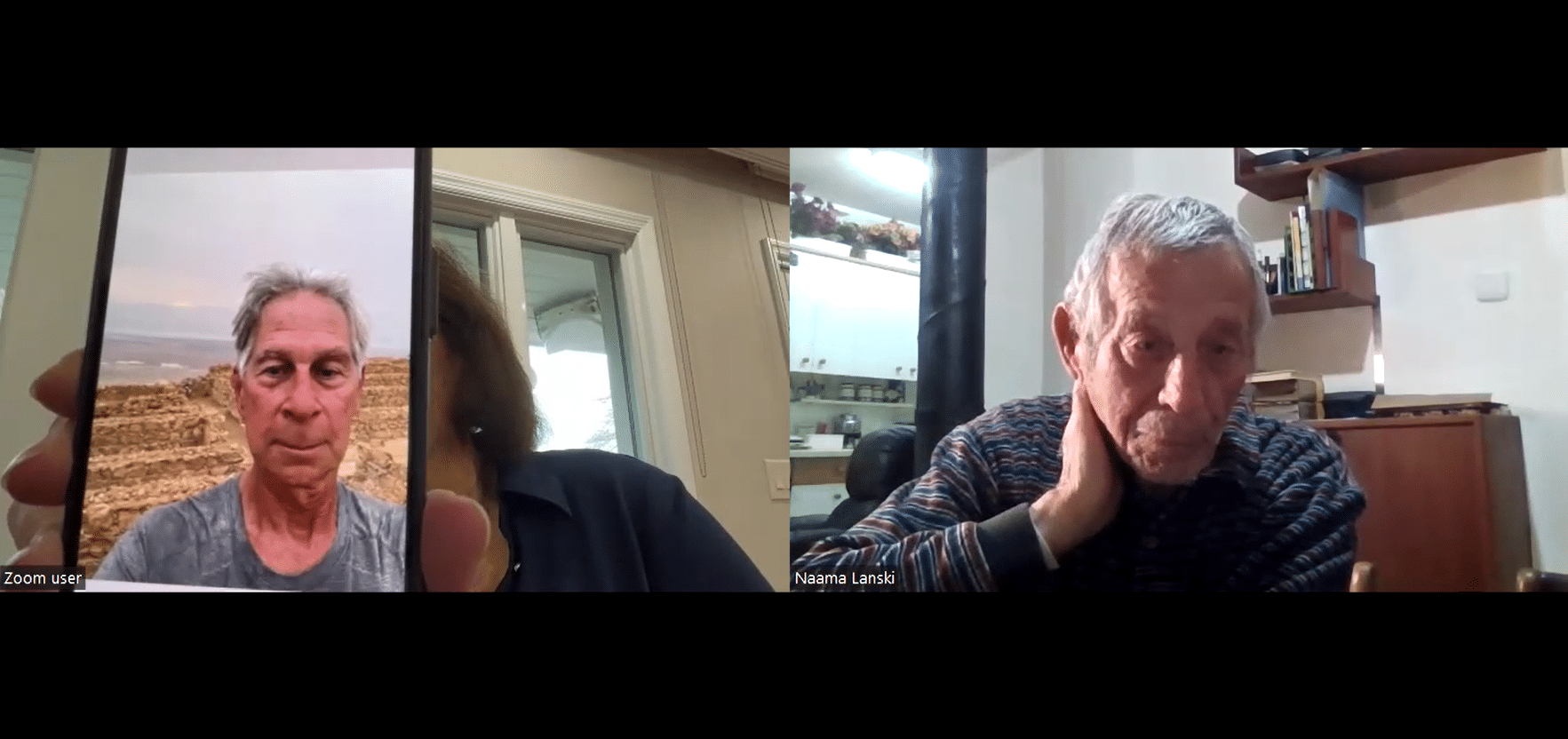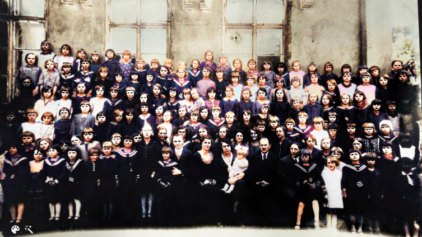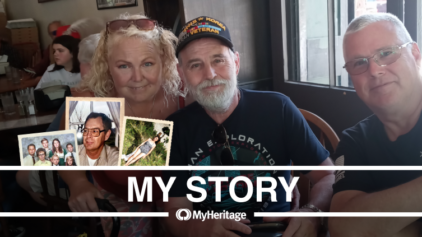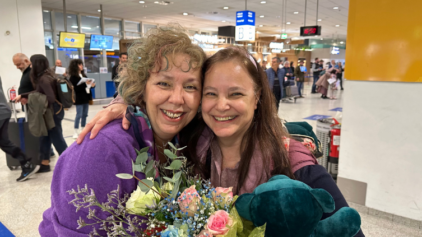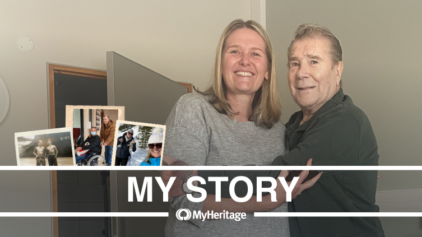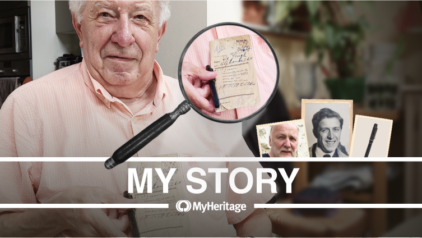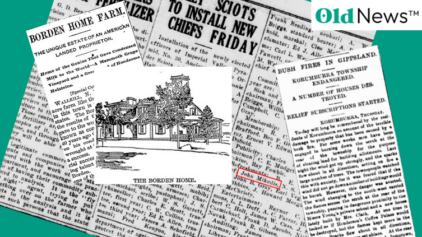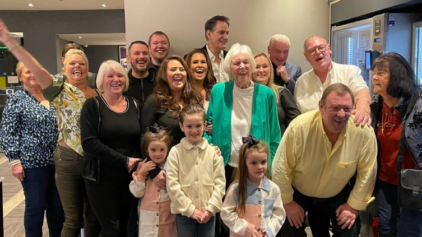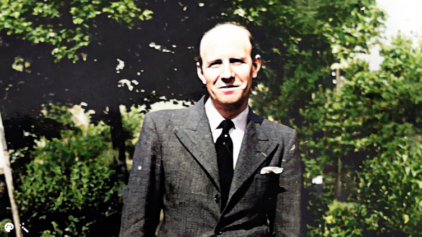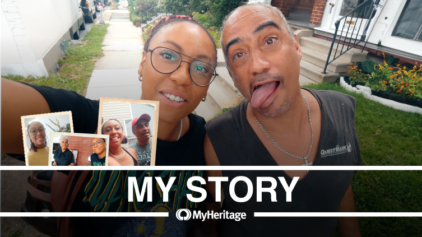Holocaust Survivor Orphaned as a Toddler Finds His Family Thanks to a MyHeritage DNA Match
- By Naama Lanski & Daniella Levy ·
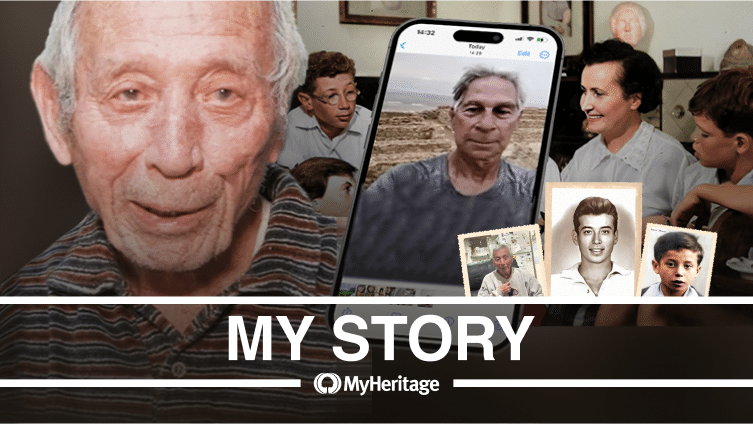

Until several months ago, Shalom Korai, 83, knew nothing about his past: not who his parents were, not his given name, not a single detail. He was a man without roots.
Born 1941 in the Warsaw Ghetto, he was found at age two wandering around on his own, and he was rescued by Lena Kuchler-Silberman, a Jewish teacher and psychologist who had escaped from the transport to the Belzec extermination camp and lived in Warsaw under a false identity. Lena gave him the gentile-sounding name Petro Korczak, and he was smuggled, along with 4 other small children, out of the Warsaw ghetto in potato sacks. She then arranged for them to be placed in an orphanage at a cloister in Warsaw.
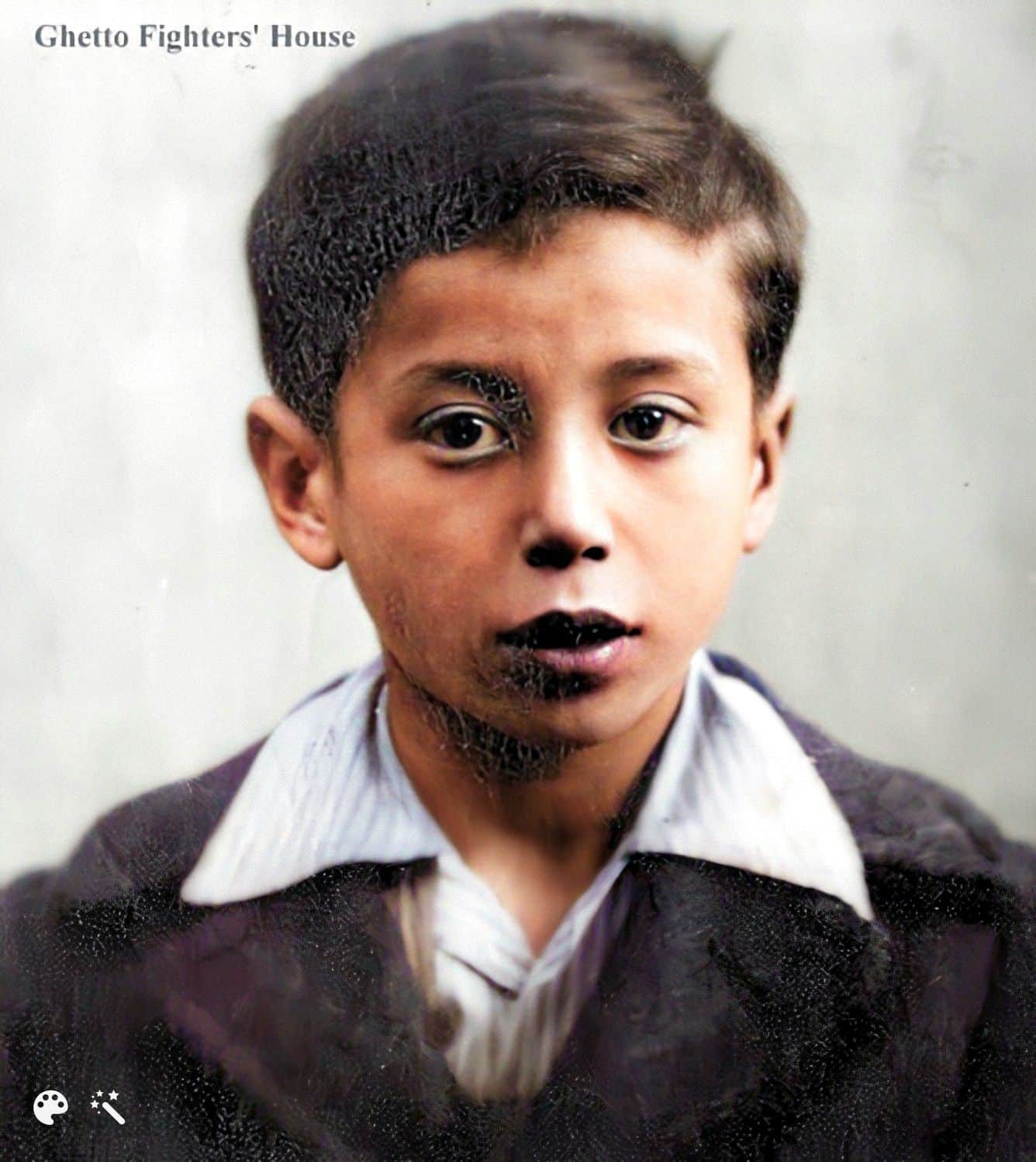
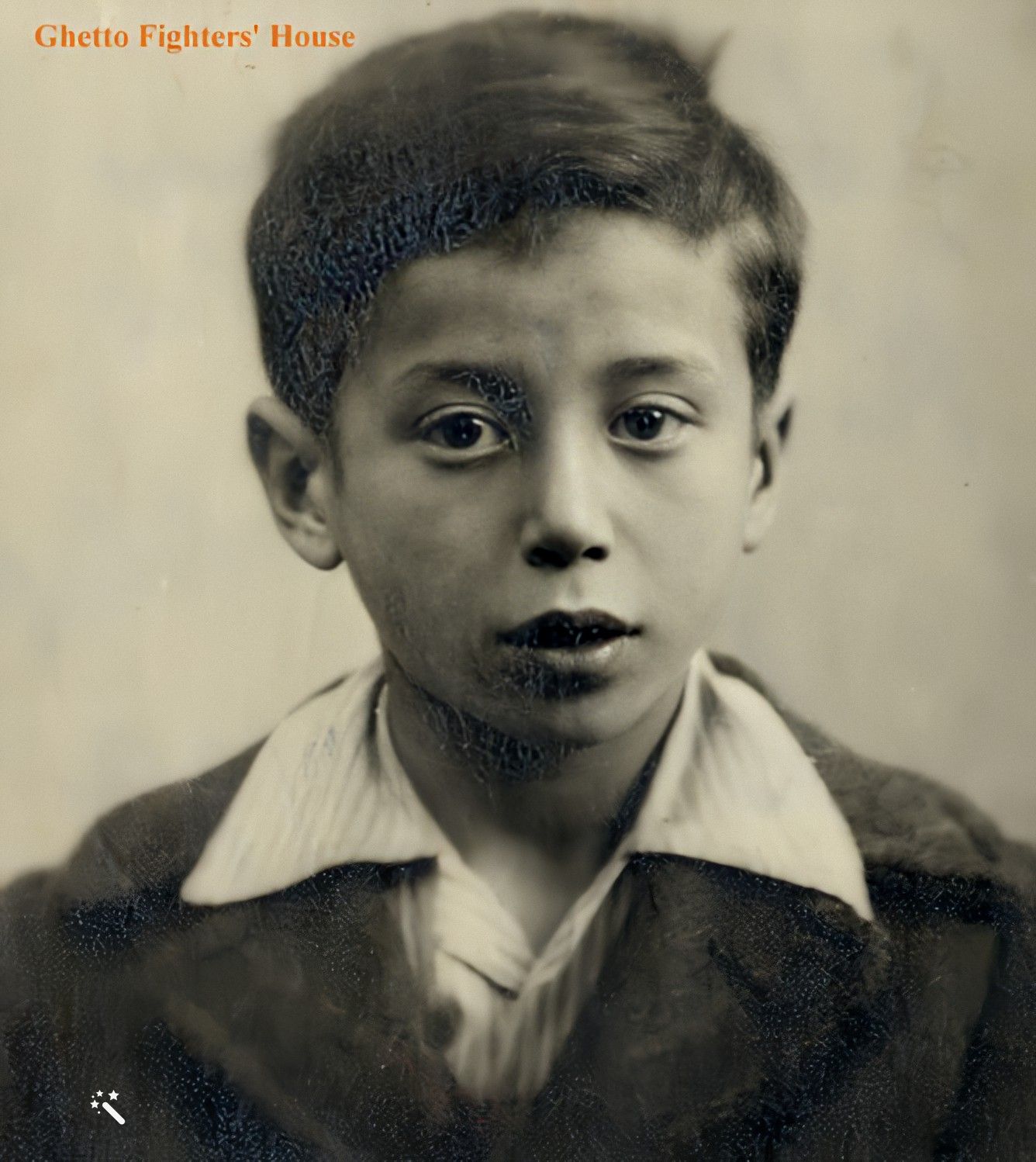
Later, possibly in the summer of 1944, the children in this orphanage were evacuated from Warsaw to an orphanage at a cloister near Zakopane, Poland.
After WWII ended, Lena came back to find the children, who had been baptized and were living as Christians in the meantime. When she finally arrived at the cloister, the nuns firmly refused to let them leave with her. It took countless negotiations with Polish authorities and a large sum of money to obtain guardianship over Petro and the children and take them away.
They joined about 100 children at Lena’s orphanage in Zakopane. Shalom recalls a memory from the place: “We sat there, I have no idea what we were doing, loads of children inside a hall, without chairs, without anything — a floor and walls, that’s all. And in the middle, a fireplace,” he recalls. “She stood at the door and started throwing candies into the hall. I told myself, ‘If I leave the fireplace, I will lose my spot next to it.’ I passed on the candies and stayed next to the fireplace.”
Soon after, in March 1946, they were all smuggled from there through Prague, Czechoslovakia to France. Lena and “her” children stayed in Bellville, near Paris, for 3 years. There they recovered, got stronger and happier, and slowly returned to living a life somewhat similar to that of other children their age.
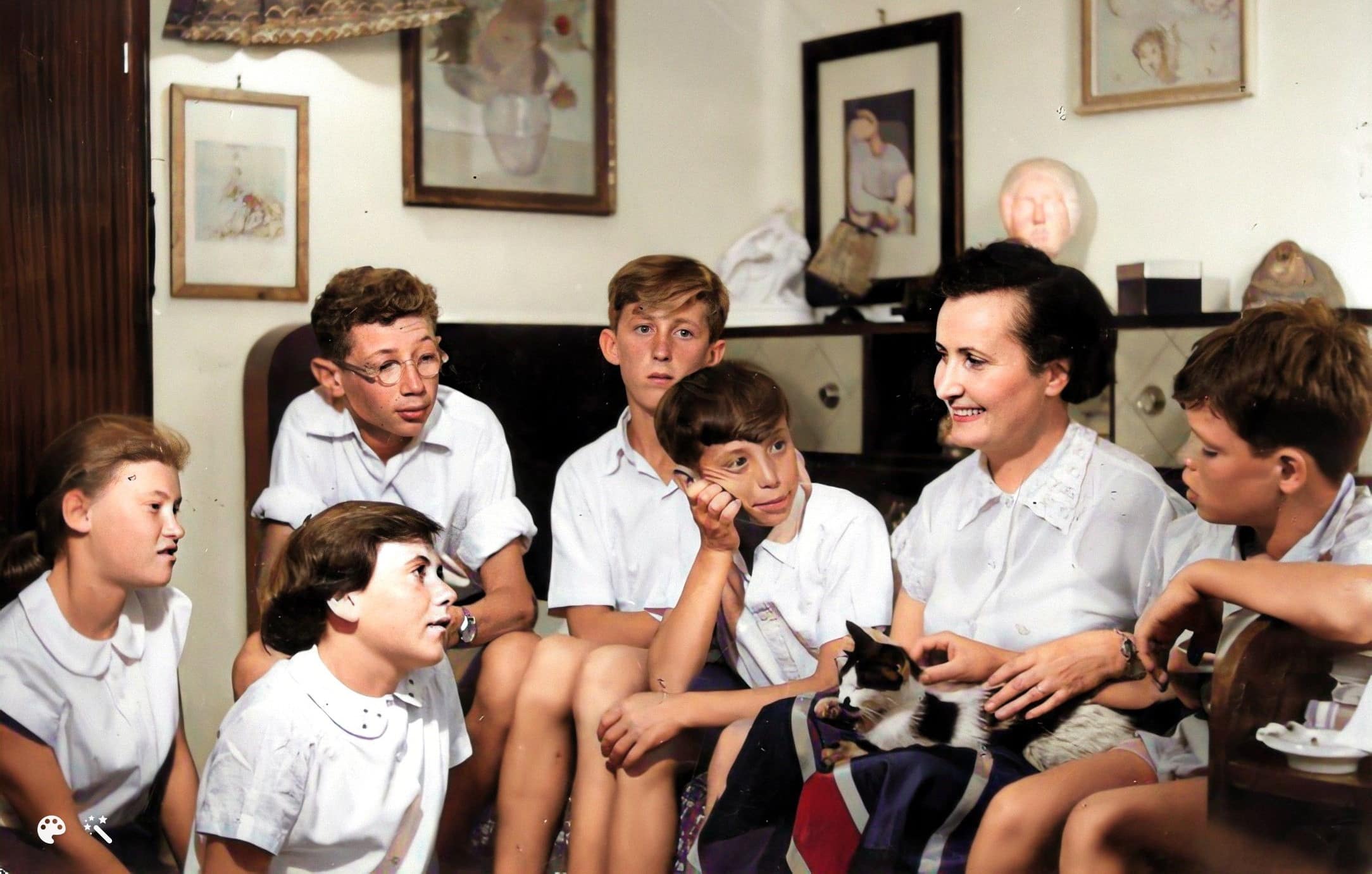
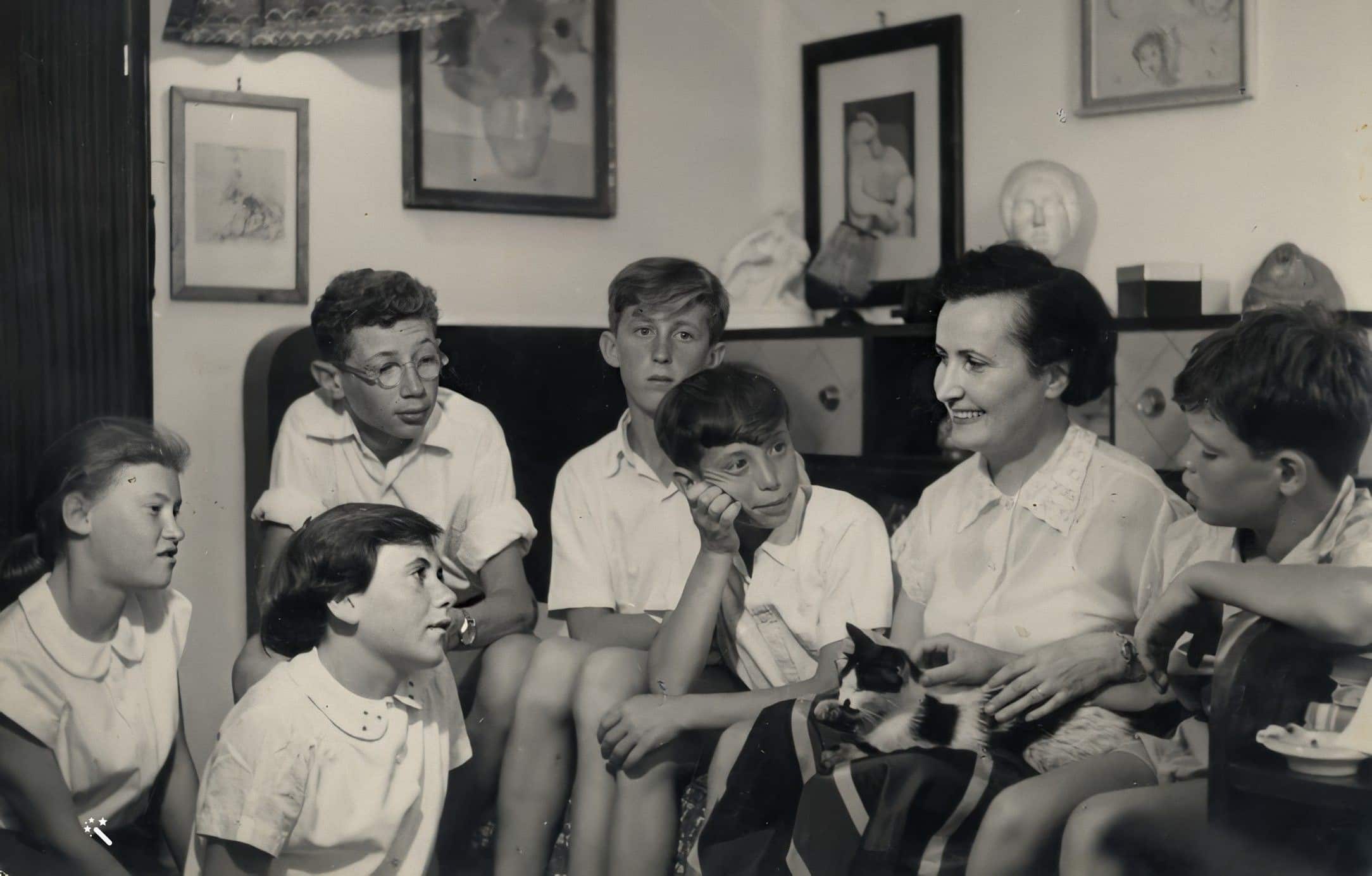
‘You can’t look for something you know nothing about’
Petro immigrated to Israel in March 1949 together with the other children. In Israel, Lena changed his name from Petro Korczak to Shalom Korai. He grew up in Kibbutz Kvutzat Shiller and served in the armored corps during his IDF service.
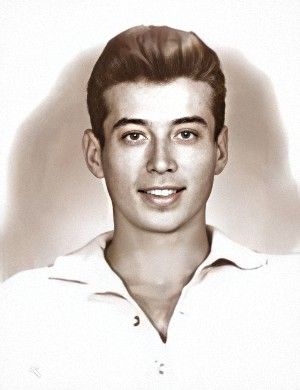
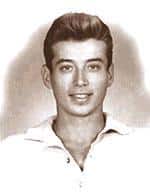
In his 20s, Shalom moved to Kibbutz Tel Katzir in the Jordan Valley. There, he worked for 35 years as a semi-trailer driver and started his own family. He became a father of 3 and eventually a grandfather of 8; but throughout his life, he never tried to find information about his parents, grandparents, or any other detail from his family history. “You can’t start looking for something you know nothing about,” he explains. “I didn’t have the slightest lead. Even my given name is unknown.”
This summer, Magdalena Smoczynska, professor emeritus at the Jagiellonian University in Krakow, Poland, purchased a MyHeritage DNA kit for Shalom as part of her research on the 100 children saved by Lena Kuchler-Silberman.
A few weeks later, Ann Meddin Hellman, 77, from Charleston, South Carolina, received a match with a second cousin on the other side of the world — and she didn’t have the slightest idea who he could be. “His name meant nothing to me,” Ann told us.
As an experienced family history researcher, she began to delve deeper and deeper into the data, and then asked one of her cousins, Jeanmarie Fields Holstein, to upload her DNA to the MyHeritage website. Jeanmarie also matched Shalom’s DNA, and thus confirmed the connection Ann suspected: “He is definitely on my father’s side,” she says. “I had information on all of my grandfather’s children and their family as they came to the U.S. My paternal grandfather, Abraham Louis Mednitzky Meddin, came to the US in 1893, his wife, Hannah Jarinkes, and two of their sons came in 1901. After that, 3 of my grandfather’s sisters came over, leaving their brother, Yadidia Mednitzky, in Yakovlev, Belarus.”
‘I Gave a Holocaust Survivor a Family’
“We have all thought that this branch of the family was wiped out in the Holocaust,” says Ann. “Finding Shalom is a miracle.”
The match, and the research that followed, revealed that Ann’s great uncle, Yadidia Mednitzky, was Shalom’s grandfather. He and his entire family, his wife, one or two daughters, a son-in-law, and a grandchild were murdered in the Holocaust. No one survived — or so everyone in the family had thought.
The family connection became crystal clear when Ann received a photo of Shalom. “I opened it and immediately said: This is my brother Stuart!”
The resemblance between Shalom and Ann’s younger brother Stuart was impossible to miss.
The family is planning a big reunion celebration in July, to welcome Shalom into the family. “He is going to meet so many family members resembling him,” says Ann, who has invited dozens of relatives to join this momentous occasion. “I gave a Holocaust survivor a family, and for months I’ve been getting goosebumps when I think about it. I can’t wait to put my arms around Shalom and hug him close to my heart.”
Shalom’s incredible story really resonated around the world on the background of International Holocaust Remembrance Day. It was shared by NBC news, ABC 4 news, the Daily Mail, and many other platforms.
Watch Shalom telling his story in the video below:
